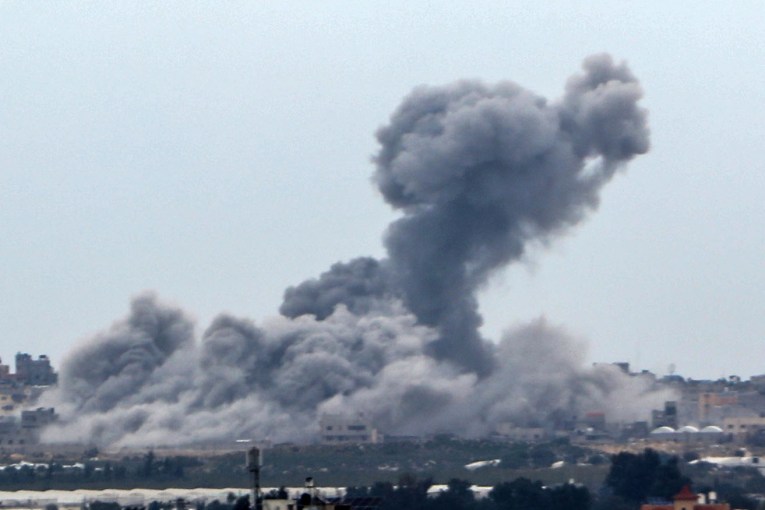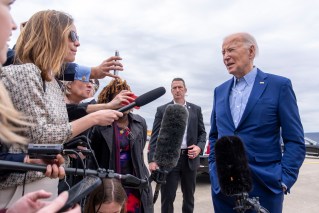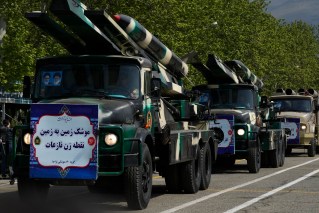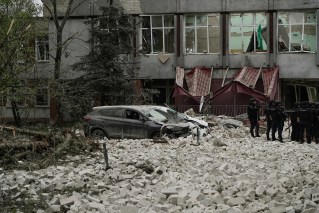Worse than war: my year fighting Ebola in Africa
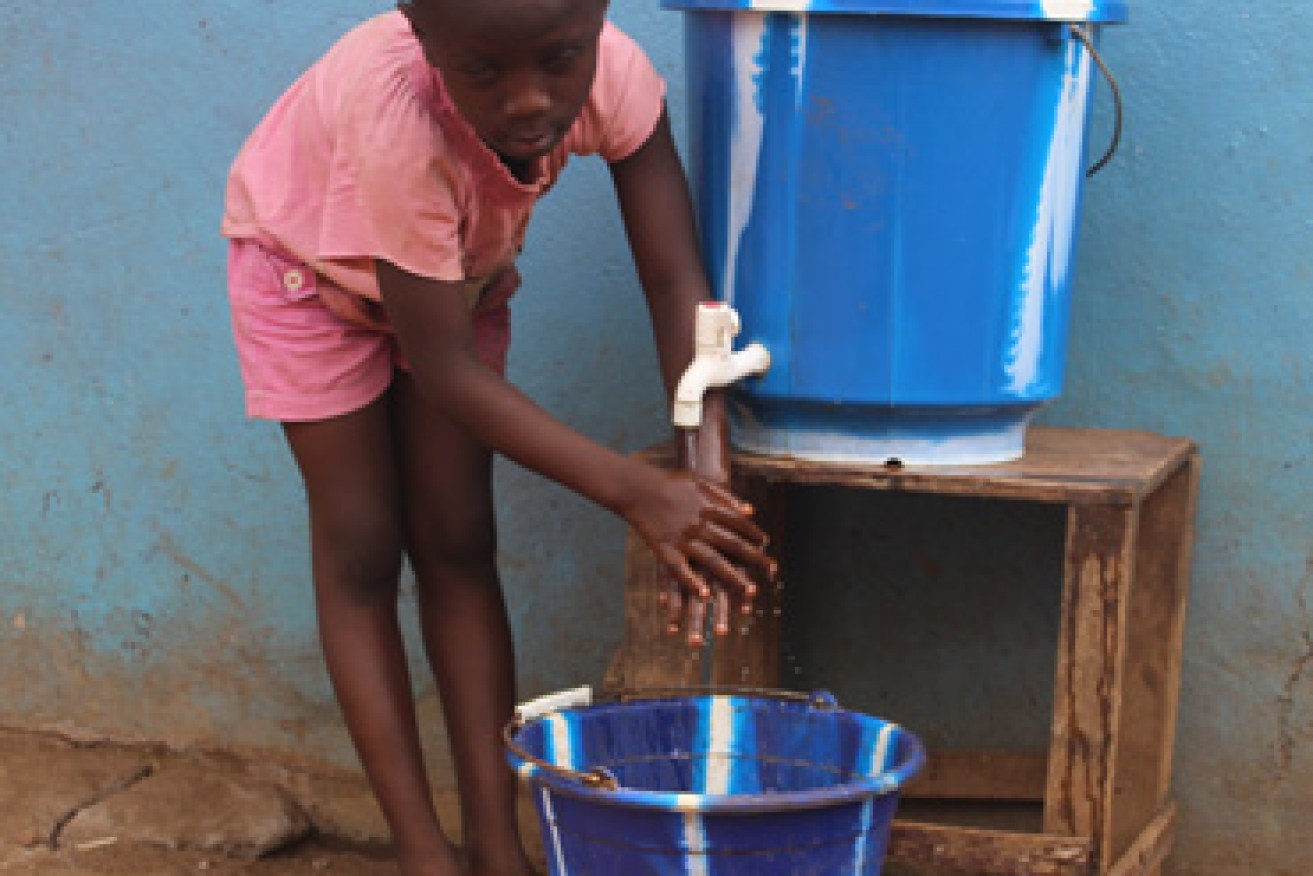
Civil war has plagued West Africa for decades, yet in many ways my year fighting Ebola has been far worse than any war.
For you cannot see the virus approach, nor hear its gunfire, nor escape its wrath by running to another village.
This relentless, invisible foe only follows us.
• ‘You’ll find yourself in a meat grinder’
• Who was Germanwings co-pilot Andreas Lubitz
• Freed soldier Bowe Bergdahl charged with desertion
Ebola, spreading through infected bodily fluids, has attacked three countries at once, wiping out entire families at a time, completely collapsing the health systems of Guinea, Liberia and Sierra Leone and claiming more than 10,000 lives.
And it was the doctors, our frontline of defence, who died first.
 For me and my staff at aid organisation ChildFund, the hardest part of the last twelve months has been seeing the traumatising impact it has had on children, particularly those who have lost parents or primary caregivers, or who have contracted Ebola themselves and survived.
For me and my staff at aid organisation ChildFund, the hardest part of the last twelve months has been seeing the traumatising impact it has had on children, particularly those who have lost parents or primary caregivers, or who have contracted Ebola themselves and survived.
And not a few children. Thousands.
Since the outbreak began, some 5,000 children in West Africa have suffered with Ebola and more than 16,000 have lost one or both parents, or their primary carer.
Some are so traumatised they refuse to eat or speak.
The impact of so many months of missed education is also concerning. An estimated 5 million children across Guinea, Liberia and Sierra Leone have had their education severely disrupted due to the outbreak, with schools closed for up to 10 months.
Guinea was the first to reopen its schools in January, with Liberia following the next month. Sierra Leone has postponed its plans for reopening schools until April.
Because of the prolonged closures, most children have forgotten what they were learning.
There is a backlog of students waiting to progress to the next grade or higher institutions. Some teenage girls have become pregnant since being out of school. In rural areas, children have been engaging in child labour, supporting their parents with farming or other work.
Many children tell us they feel bad for missing so many classes. They miss playing with their friends, they miss learning. Some miss out on adequate nutrition as well, as their school feeding program provided their only square meal a day.
It is critical that children return to school and catch up on their lost education, but it is not so simple.
Some who watched their parents die may struggle and need emotional support. Survivors of the virus could shy away from ever returning, afraid of being stigmatised.
And before they can re-open, schools must have adequate protections in place to prevent another round of infections.
The worst of the crisis seems to be over, but we cannot be complacent. Liberia has reported only one new case in the past few weeks, but Guinea and Sierra Leone are still reporting a number of infections.
Even if Liberia declares an end to the epidemic, the war is not yet fully won. A single infectious person crossing into Liberia could start it all again.
Only if we train more West Africans in medicine, and convince them to stay rather than moving to the US and Europe, can we ever hope to cope with similar outbreaks in future.

